IN A world where the media often focuses on differences, a British Asian playwright has shone the spotlight on the shared humanity within brown and Muslim communities.
Birmingham-based Farrah Chaudhry said her latest comedy-drama, Community, challenges stereotypes, offering a narrative that celebrates everyday lives, connections, and healing.
“The inspiration behind the play was two-fold. First, I wanted to showcase Muslims, brown people, south Asians, and Middle Eastern people in a positive, everyday light. I was tired of seeing people like me portrayed in two-dimensional and often negative ways on TV, film, or stage,” Chaudhry told Eastern Eye.
She added, “I wanted to create characters who are normal, fun, funny, and kind, and who are on journeys of healing. That was something I felt was important, but not shown often enough.
“Second, I wanted to celebrate everything we are as a community. People often focus on how different we all are, which is true – our differences shape who we are.
“However, that’s only part of the story. Birmingham is a vibrant city with communities from all over the world, including India, Pakistan, Syria, Palestine, Poland, Greece, and the Caribbean. While these differences are important, what stands out to me is how similar we are in our needs.”
Set in Birmingham, Community explores themes of identity, belonging, and friendship. Directed by Alice Chambers, the play, which is supported by theatre charity Sir Barry Jackson Trust, features a cast including Sabrina Nabi as Zoya, a young woman from Edgbaston, struggling to find purpose after her parents cut off her financial support.
Kerena Jagpal plays Leyla, Zoya’s friend, who spends her time helping others and shares a home with Khalil, a Syrian refugee living in Birmingham (played by Sayyid Aki, who makes his professional stage debut).
Together, the characters’ stories explore the challenges and the meaning of Community and connection.
Chaudhry said, “Most of us want to feel seen. We crave connection in some form, whether that’s through shared values, hopes, or fears. I believe community is where we find those connections. It’s where we can share with like-minded people who understand what is important to us. That’s why community means so much to me, and it’s the core inspiration for the play.”
She described the play as a ‘love letter to Birmingham’. “I feel truly excited about the play. It’s amazing to see my work come to life on stage. I’ve been actively involved in the casting and rehearsals to ensure we got the right people for the roles. Our director has been fantastic – she understands the play deeply and the world it portrays. The production feels rooted in Birmingham, with two of the three actors and much of the technical team based here. It was important for everyone involved to connect with the play’s setting and context, and that connection shines through,” Chaudhry said.
She stressed the importance of unity at a time of division in society. “I believe we are focusing too much on separating people and placing them into rigid categories based on their origins,” she said.
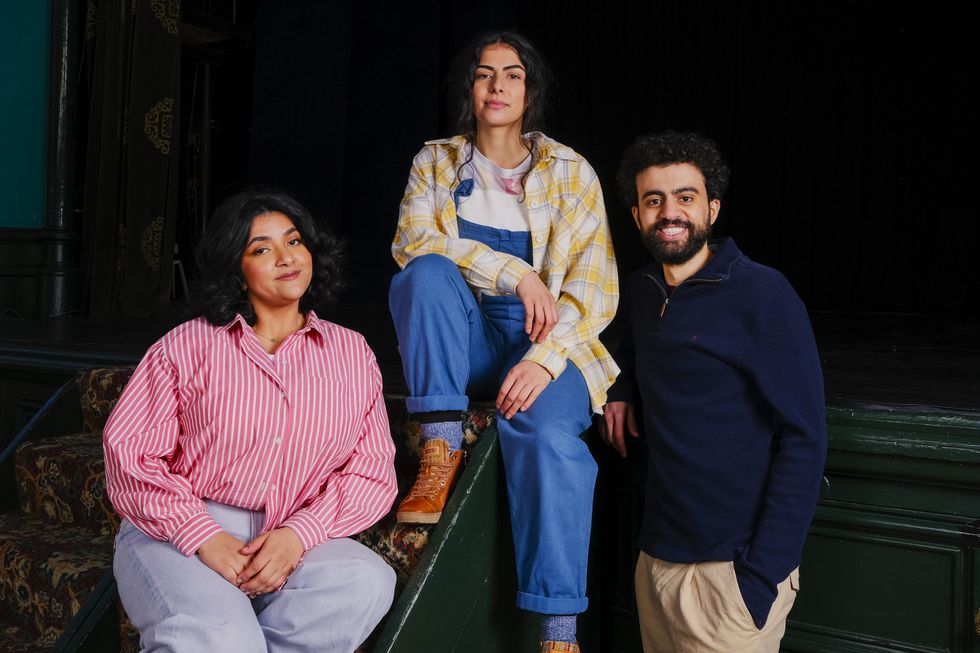
“I disagree with this approach. We are fundamentally similar, despite our different backgrounds. The play I’m discussing highlights this by howing three distinct characters from diverse worlds who ultimately come together and support each other. This sense of community is crucial, especially during times of social tension.”
Community offers a “refreshing perspective” by portraying Muslims, Pakistani, and Middle Eastern characters living ordinary, relatable lives, she added.
“I hope this will encourage people to understand that immigrants mostly want an ordinary life, just like anyone else in this country. We’re not fundamentally different from other residents. My grandparents arrived in the UK from Kashmir during the 1950s and worked incredibly hard to build a future for their family. My parents followed the same path,” she said.
“Today, people continue to arrive from various parts of the world, and I believe this diversity is truly wonderful.”
Chaudhry’s artistic journey began in the early 2000s at the Birmingham Rep, where she learned playwriting as she gradually built a career in the arts.
Over the two decades, she worked with prestigious writers’ groups like the Royal Court Theatre and Kali Theatre in London. And in 2014, she joined the Foundry writing programme at the Rep and worked on projects and plays in Birmingham and beyond.
In her view, progress has been made in representing minority communities in the UK art sector, but significant challenges remain.
“A decade ago, representation was almost non-existent, and even now, south Asian and Middle Eastern stories are severely underrepresented across television, stage, and film.
“When these communities are portrayed, the narratives typically focus on negative stereotypes. This limited representation fails to capture the complexity and diversity of lived experiences,” she said.
“We need more stories that showcase ordinary south Asians and Middle Eastern individuals living normal, everyday lives. While there is now slightly more space for such narratives, it is far from sufficient. Media commissioners often treat diversity as a box-ticking exercise, believing that one or two stories fulfil their annual representation quota.”
Her advice to aspiring artists, especially those from Asian backgrounds, was to persevere. The arts are a competitive field, but your voice matters profoundly, she said. “Whether you’re a writer, actor, producer, director, or musician, your stories are vital. They have the power to inspire, challenge stereotypes, and create change. So, take up your art, work hard, and make your mark.”
Her new play is for everyone, she said, adding, “we all need community, whether you’re a Gen Z, millennial, or from an older generation”.
“Children need community, older people need community, and there is a sense of strength when we come together. This applies to everyone, regardless of age or background. Birmingham, for example, is filled with people from all over the world. It doesn’t matter if you’re from India or anywhere else,” said Chaudhry.
“In the play, one of the characters is from Syria. It doesn’t matter where you’re from or your age. The themes of the play are universal.
“Whether the play is performed in Birmingham, Australia, or Sri Lanka, it speaks to everyone. The ideas of helping one another, community, healing, and togetherness are universal values. I want everyone to see it.”
Community runs at Birmingham Rep’s intimate performance space, The Door, from Thursday (30) to next Saturday (8), before going on a two-week community tour to West Midlands library, school and community venues.






 Milli Bhatia
Milli Bhatia










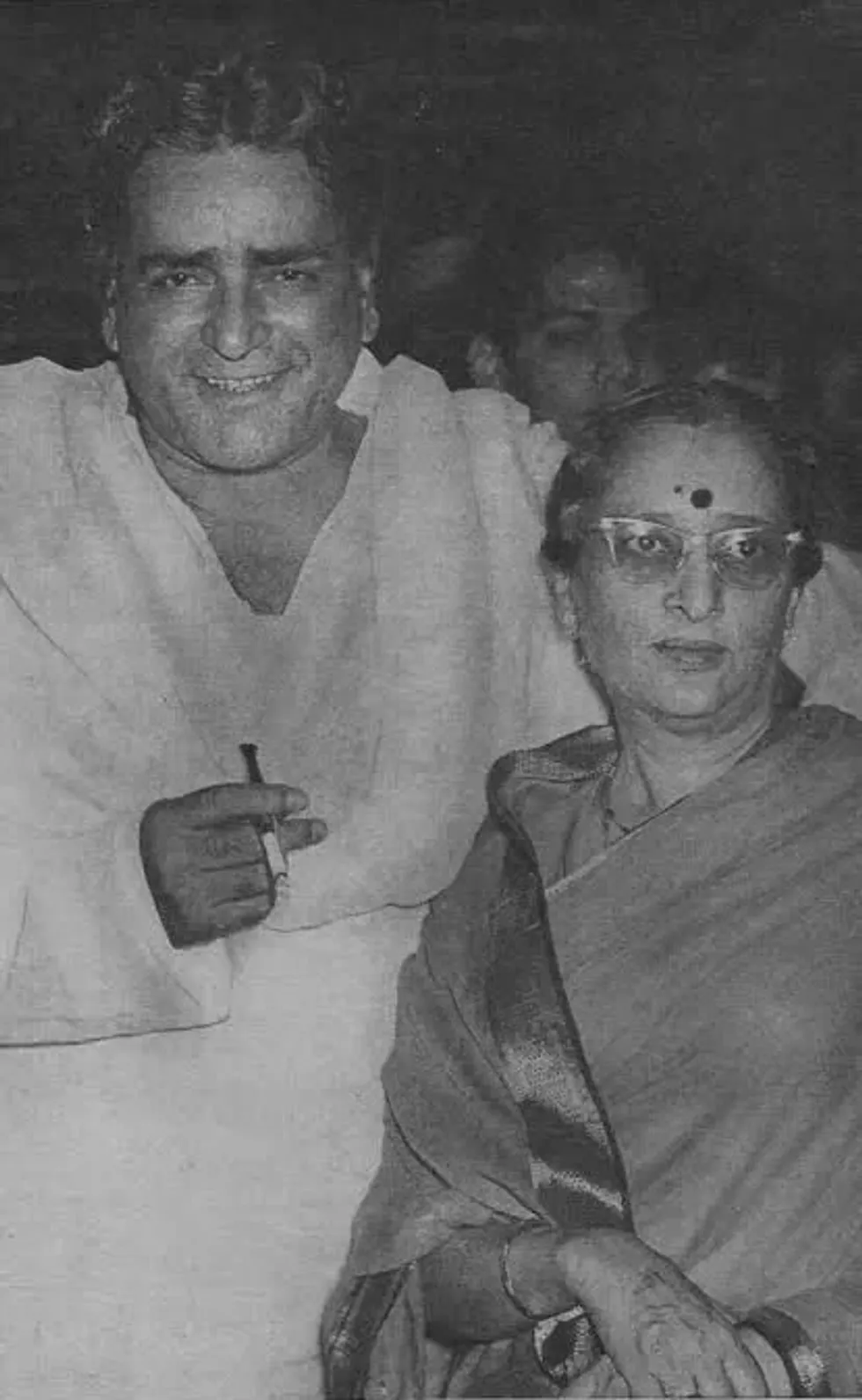 Prithviraj Kapoor and Ramsarni Mehra Reddit/ BollyBlindsNGossip
Prithviraj Kapoor and Ramsarni Mehra Reddit/ BollyBlindsNGossip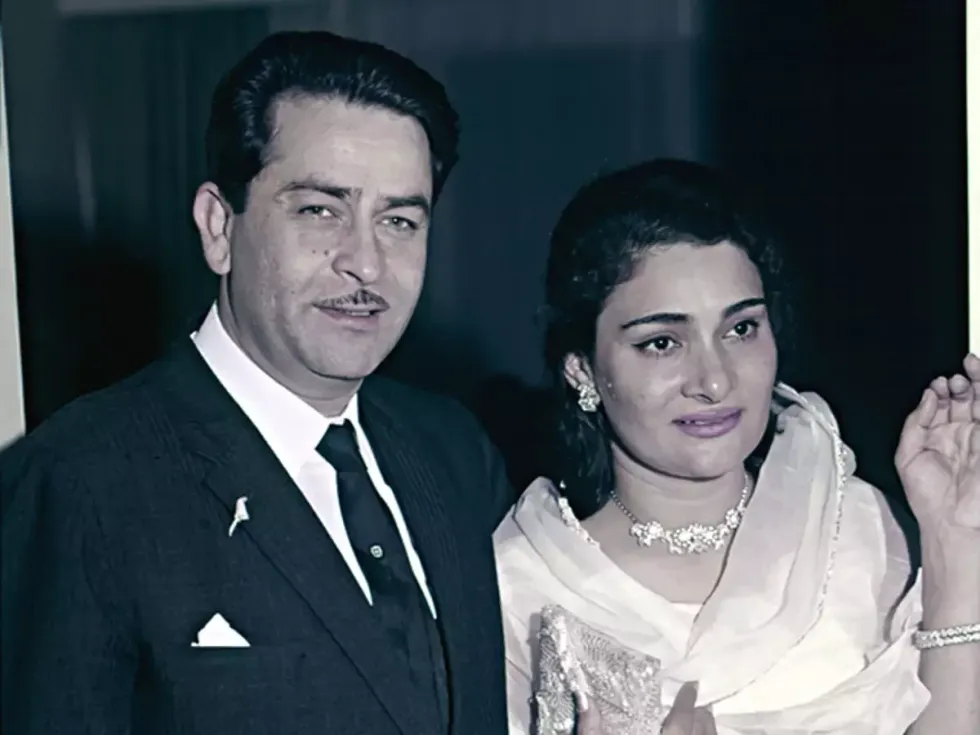 Raj Kapoor and Krishna MalhotraABP
Raj Kapoor and Krishna MalhotraABP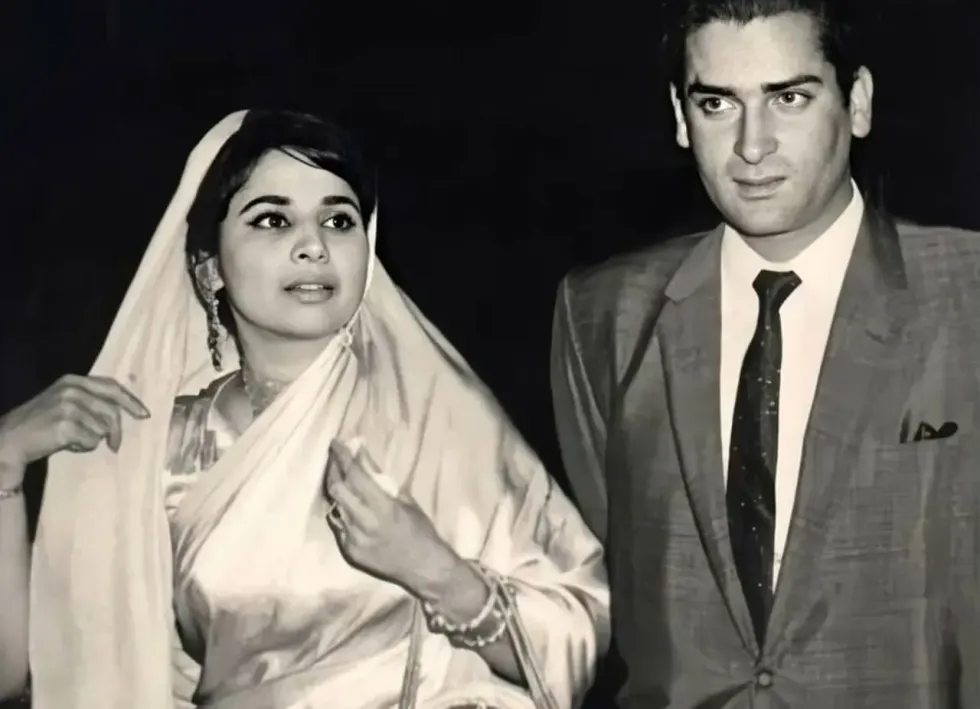 Geeta Bali and Shammi Kapoorapnaorg.com
Geeta Bali and Shammi Kapoorapnaorg.com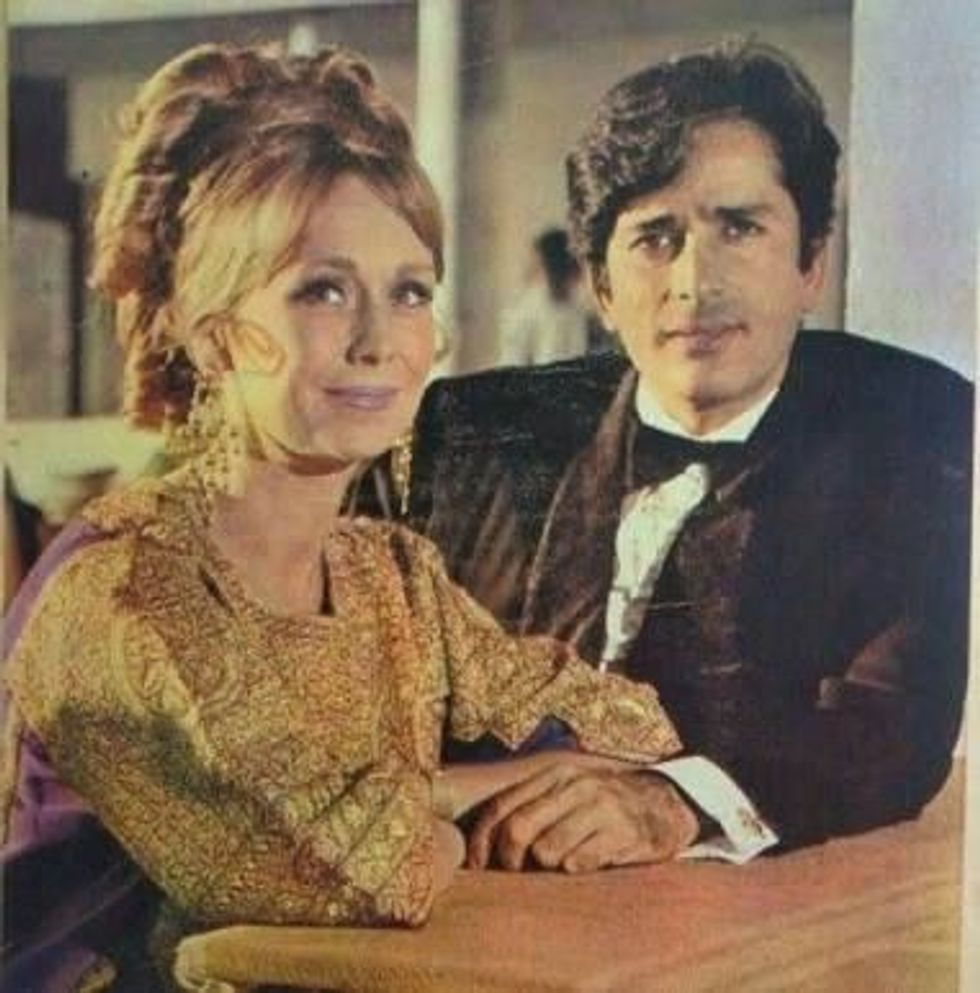 Jennifer Kendal and Shashi KapoorBollywoodShaadis
Jennifer Kendal and Shashi KapoorBollywoodShaadis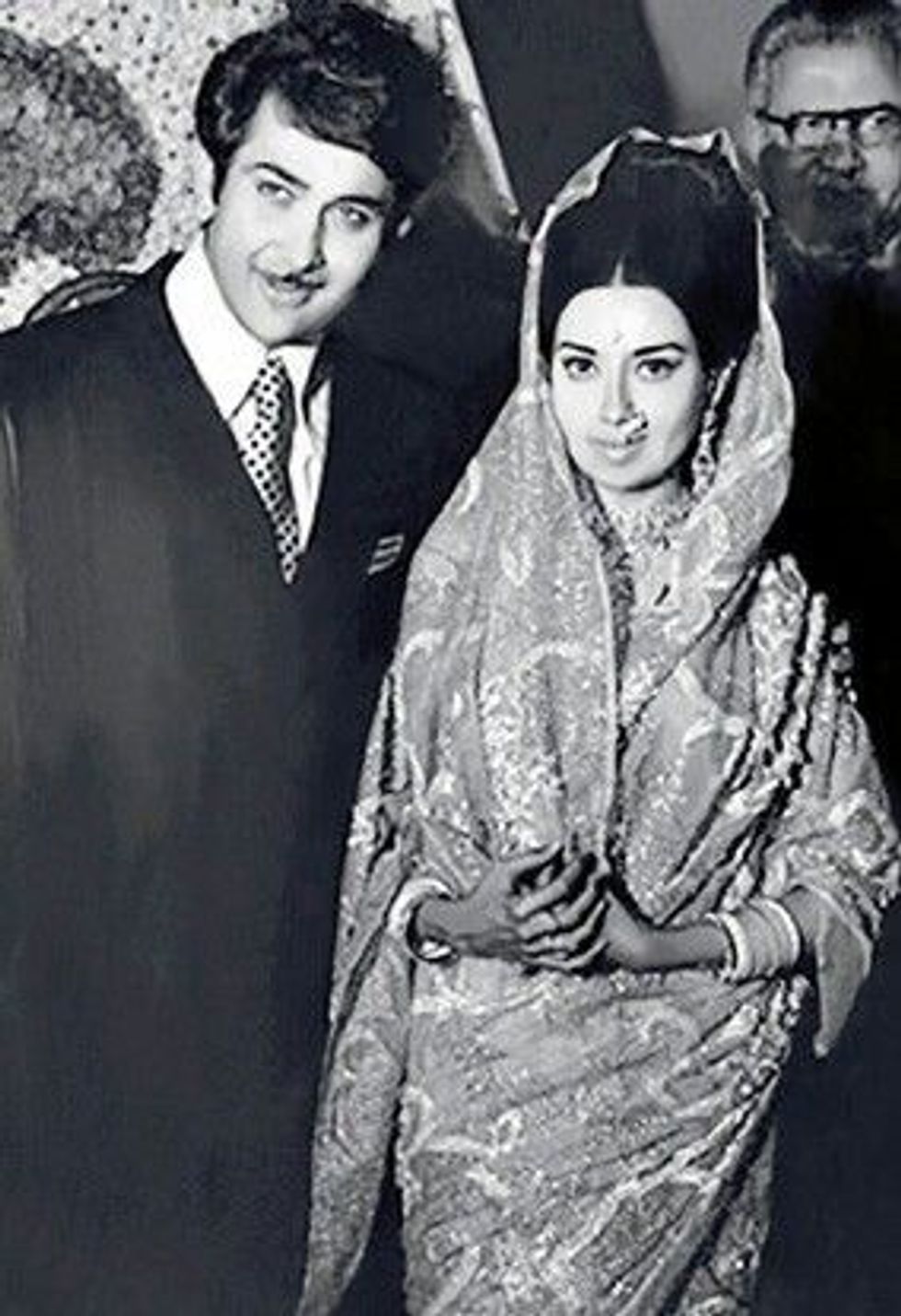 Randhir Kapoor and Babita BollywoodShaadis
Randhir Kapoor and Babita BollywoodShaadis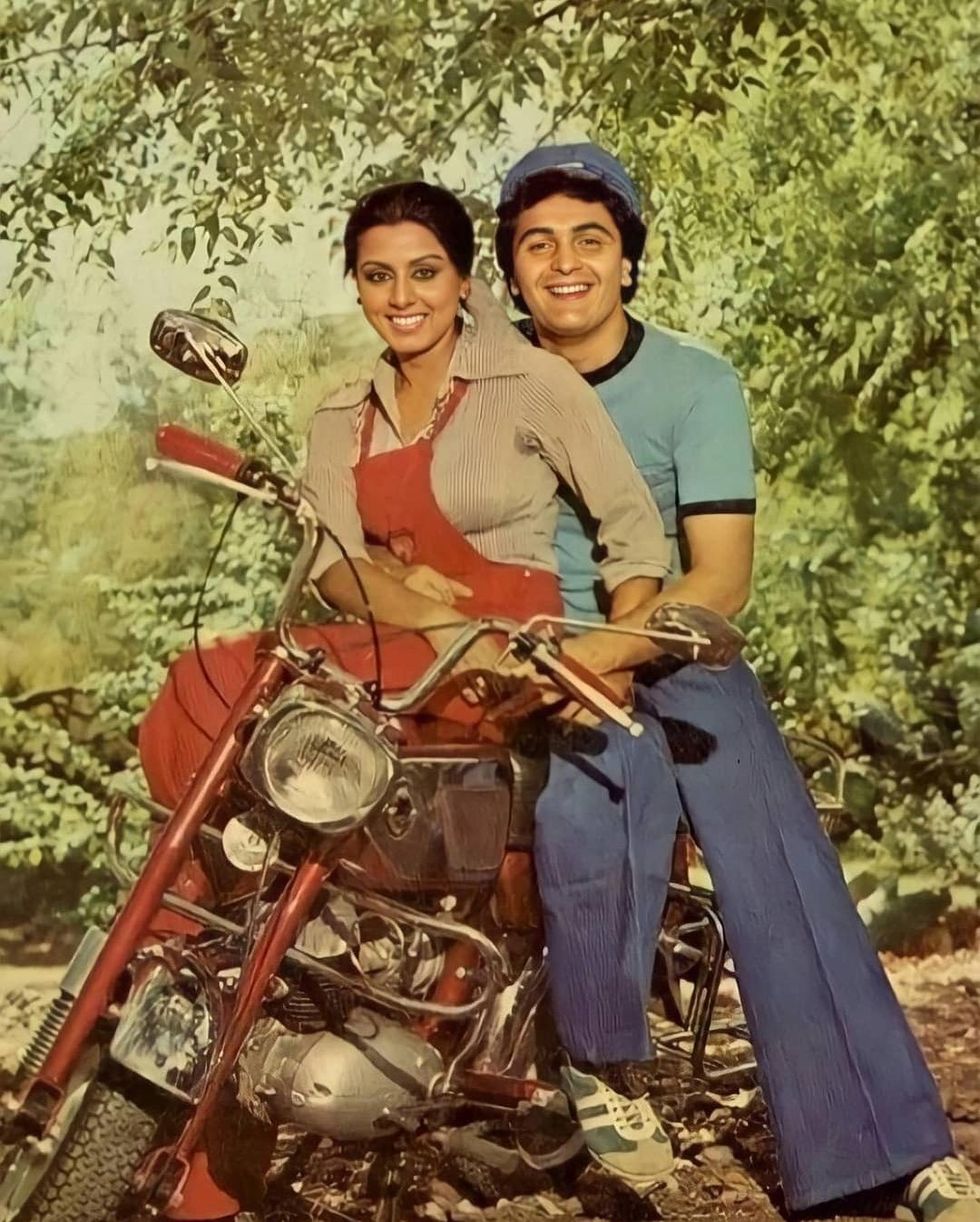 Neetu Singh and Rishi KapoorNews18
Neetu Singh and Rishi KapoorNews18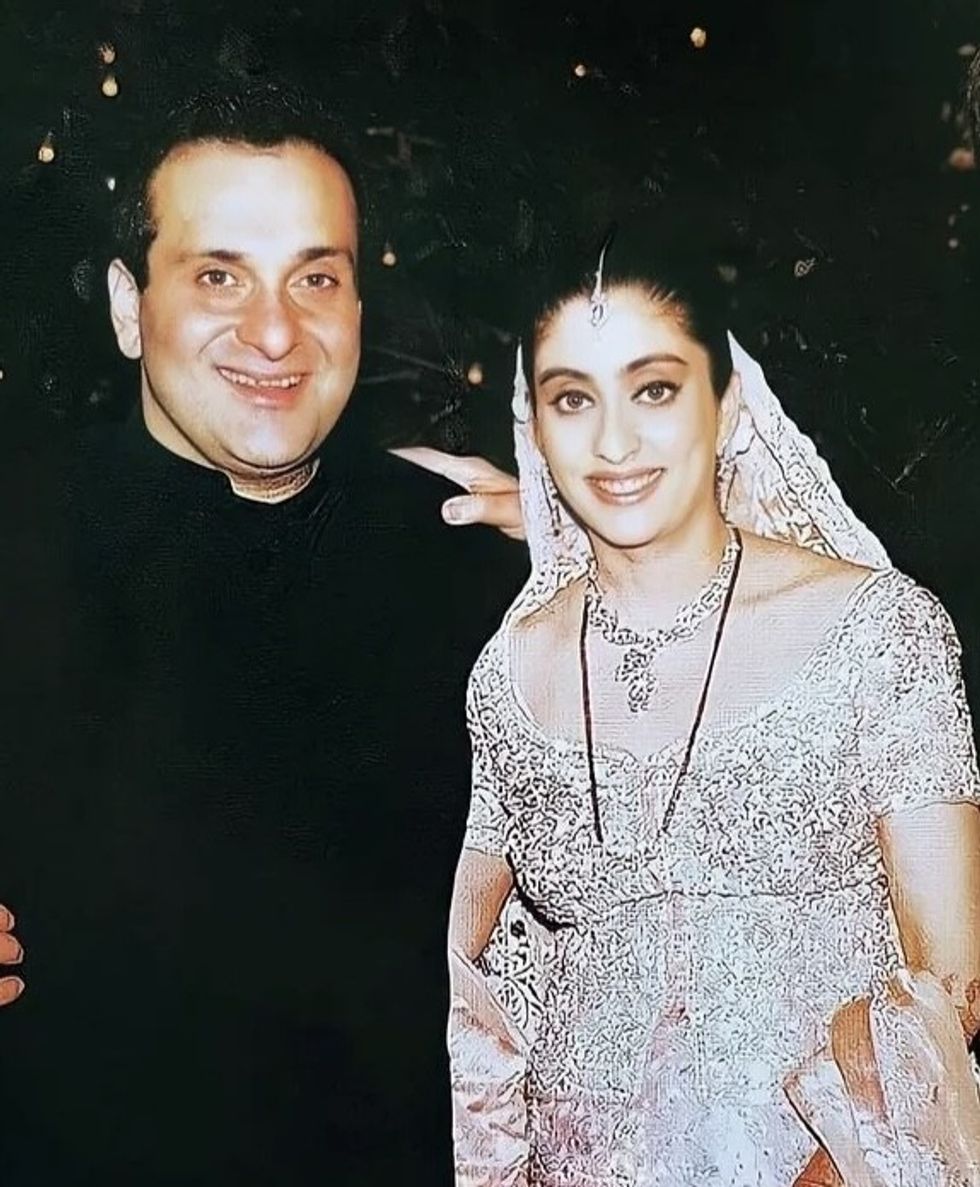 Rajiv Kapoor and Aarti Sabharwal Times Now Navbharat
Rajiv Kapoor and Aarti Sabharwal Times Now Navbharat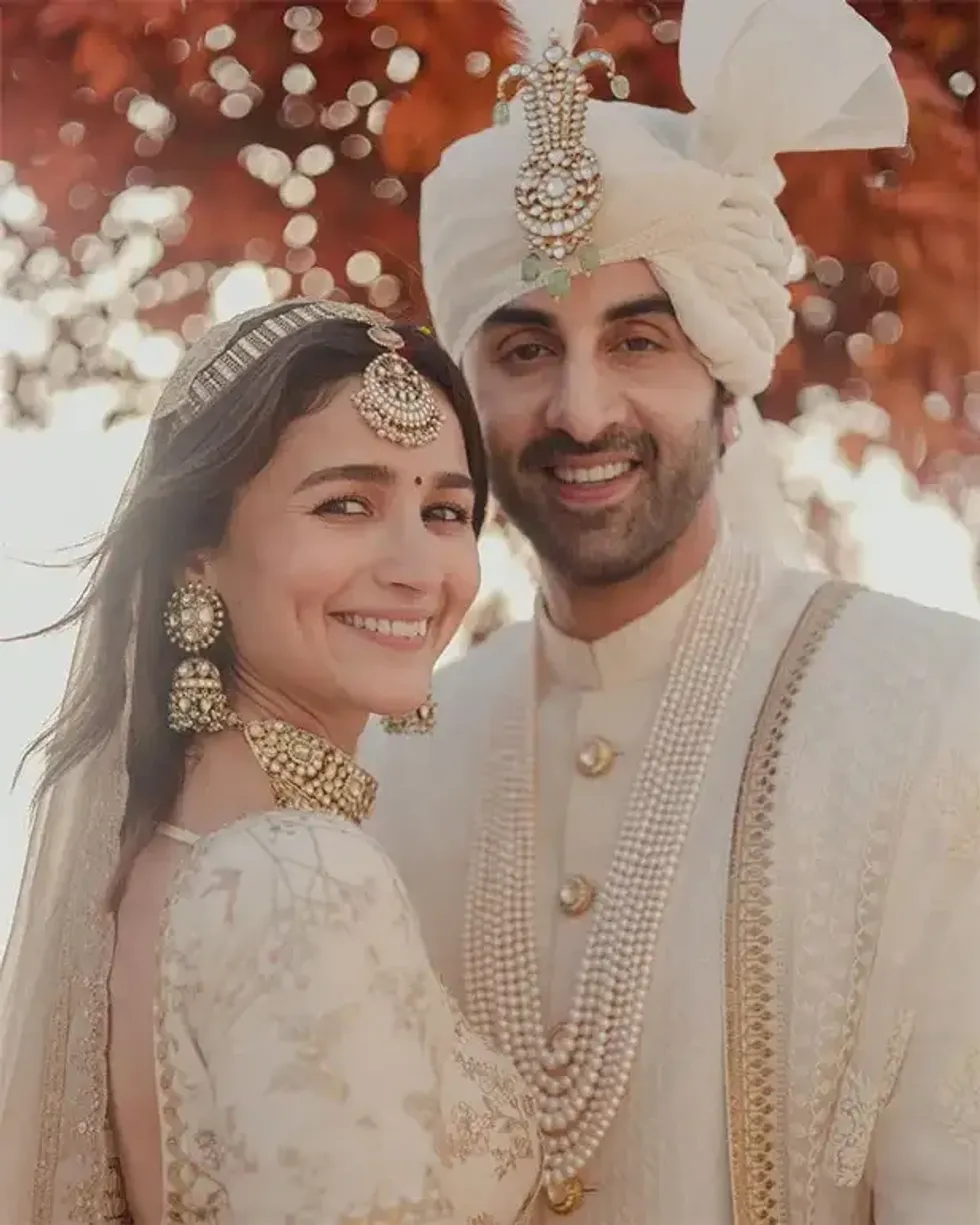 Alia Bhatt and Ranbir KapooInstagram/ aliaabhatt
Alia Bhatt and Ranbir KapooInstagram/ aliaabhatt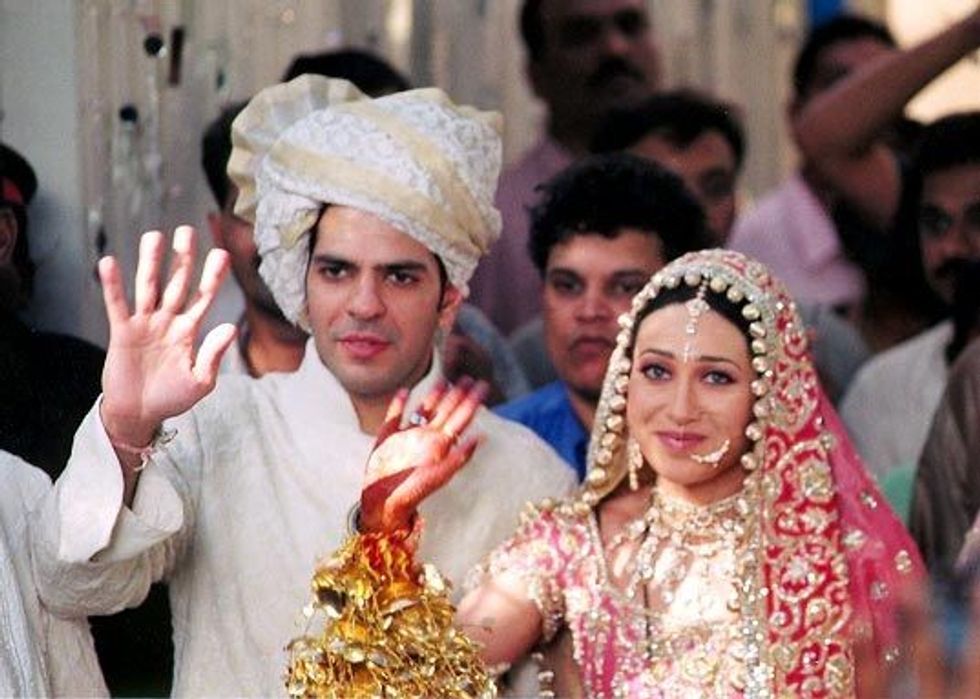 Sunjay Kapur and Karisma KapoorMoney Control
Sunjay Kapur and Karisma KapoorMoney Control
 The real Aurangzeb, the sixth Mughal emperor
The real Aurangzeb, the sixth Mughal emperor Protesters burn a poster of Aurangzeb demanding the removal of his tomb in Nagpur in March
Protesters burn a poster of Aurangzeb demanding the removal of his tomb in Nagpur in March Akshaye Khanna as Aurangzeb
Akshaye Khanna as Aurangzeb Raj Thackeray
Raj Thackeray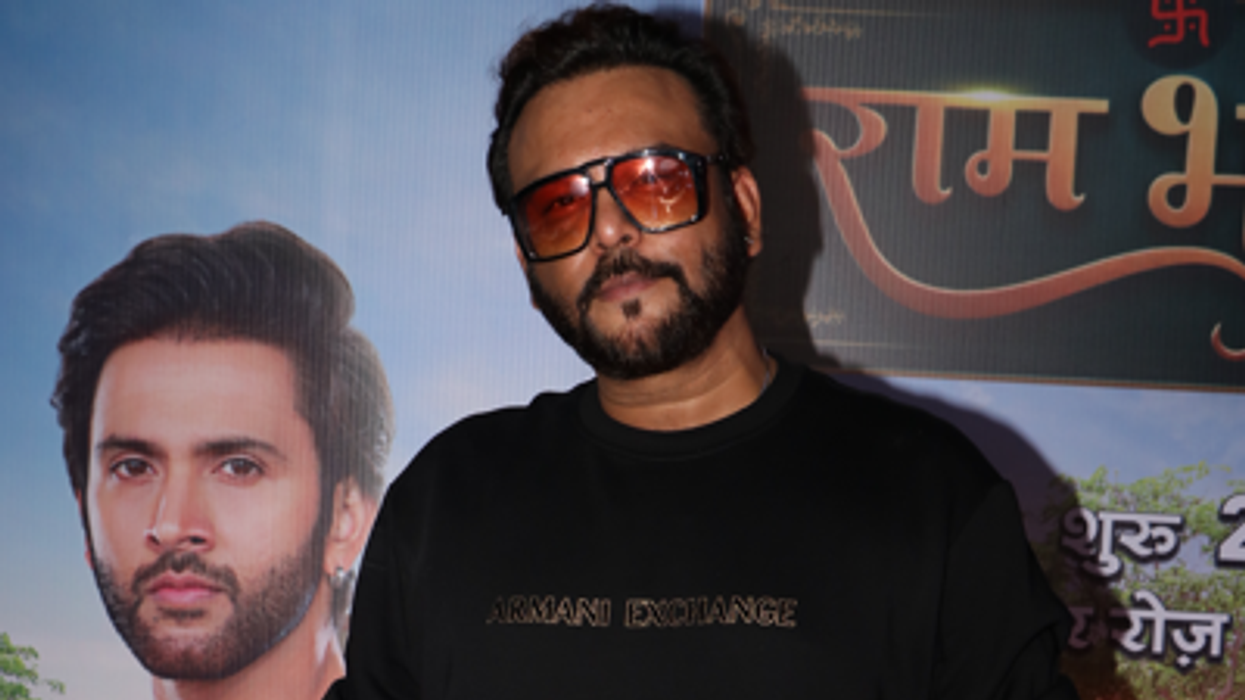
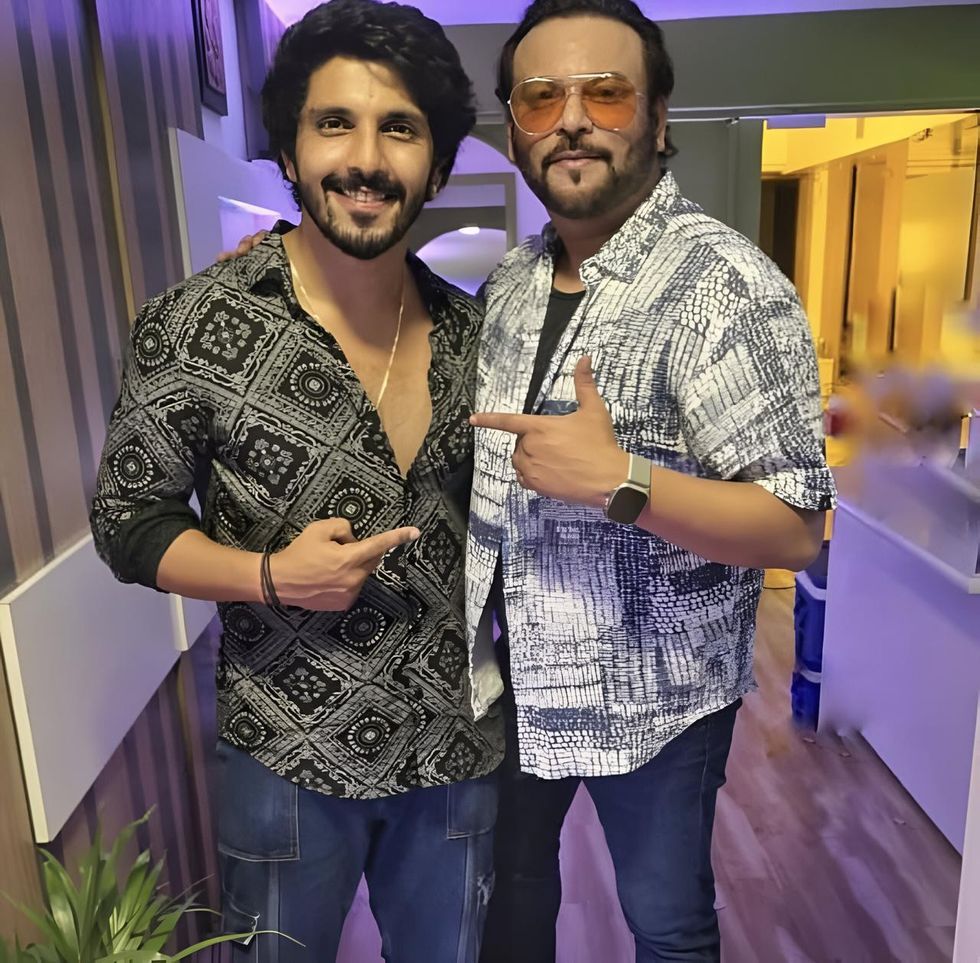 With actor Kanwar Dhillon in 'Ram Bhavan'Instagram/ rahultewary
With actor Kanwar Dhillon in 'Ram Bhavan'Instagram/ rahultewary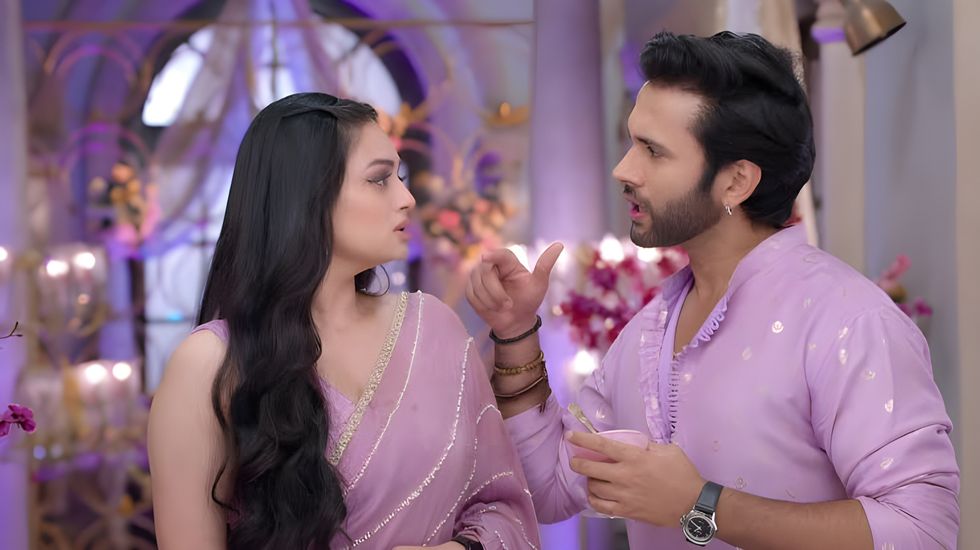 Udne Ki AashaScreen Grab 'Udne Ki Aasha'
Udne Ki AashaScreen Grab 'Udne Ki Aasha'